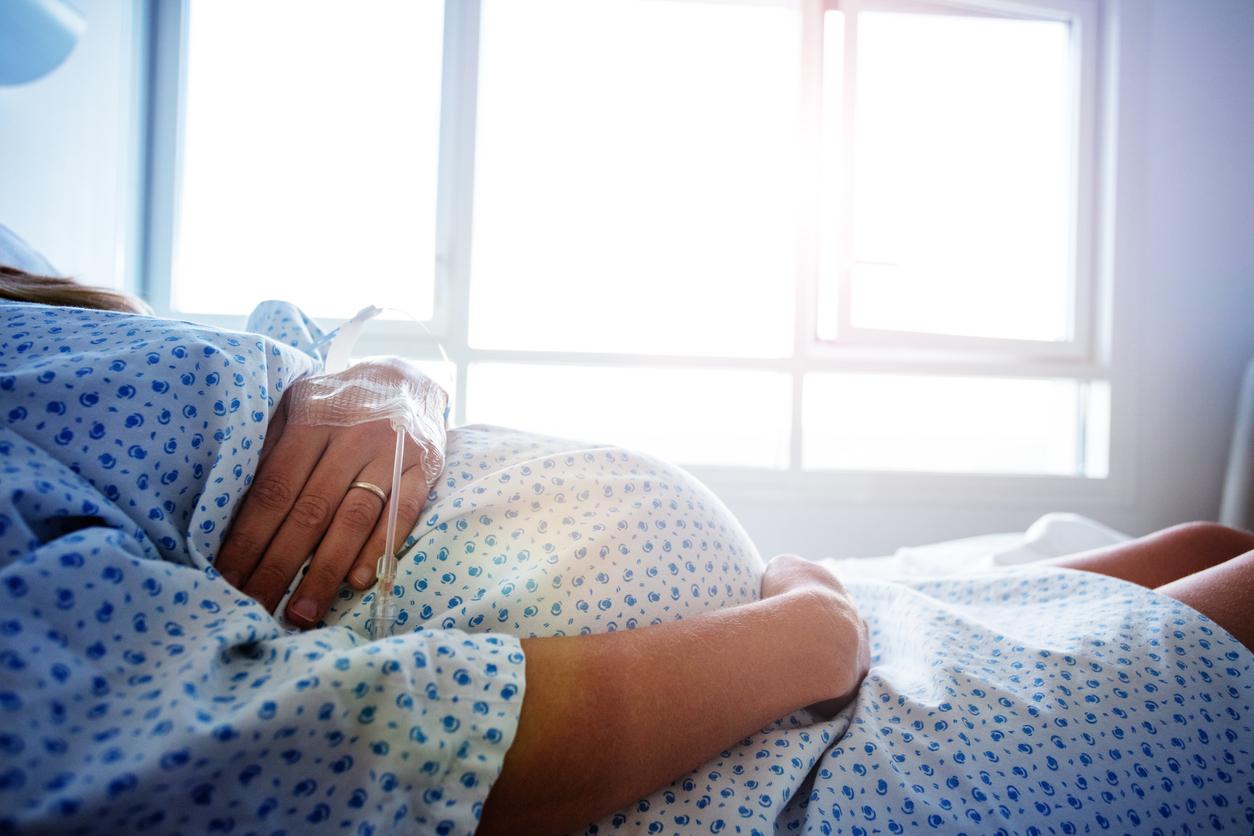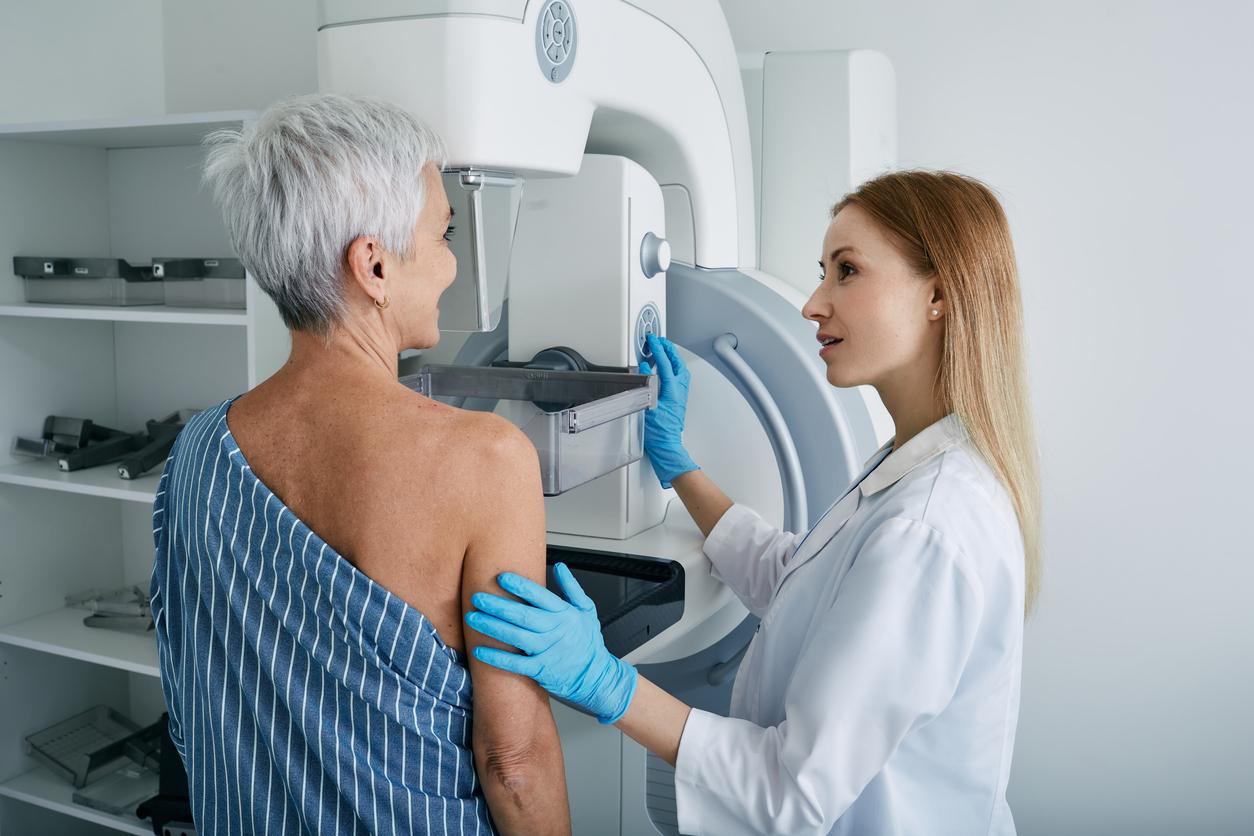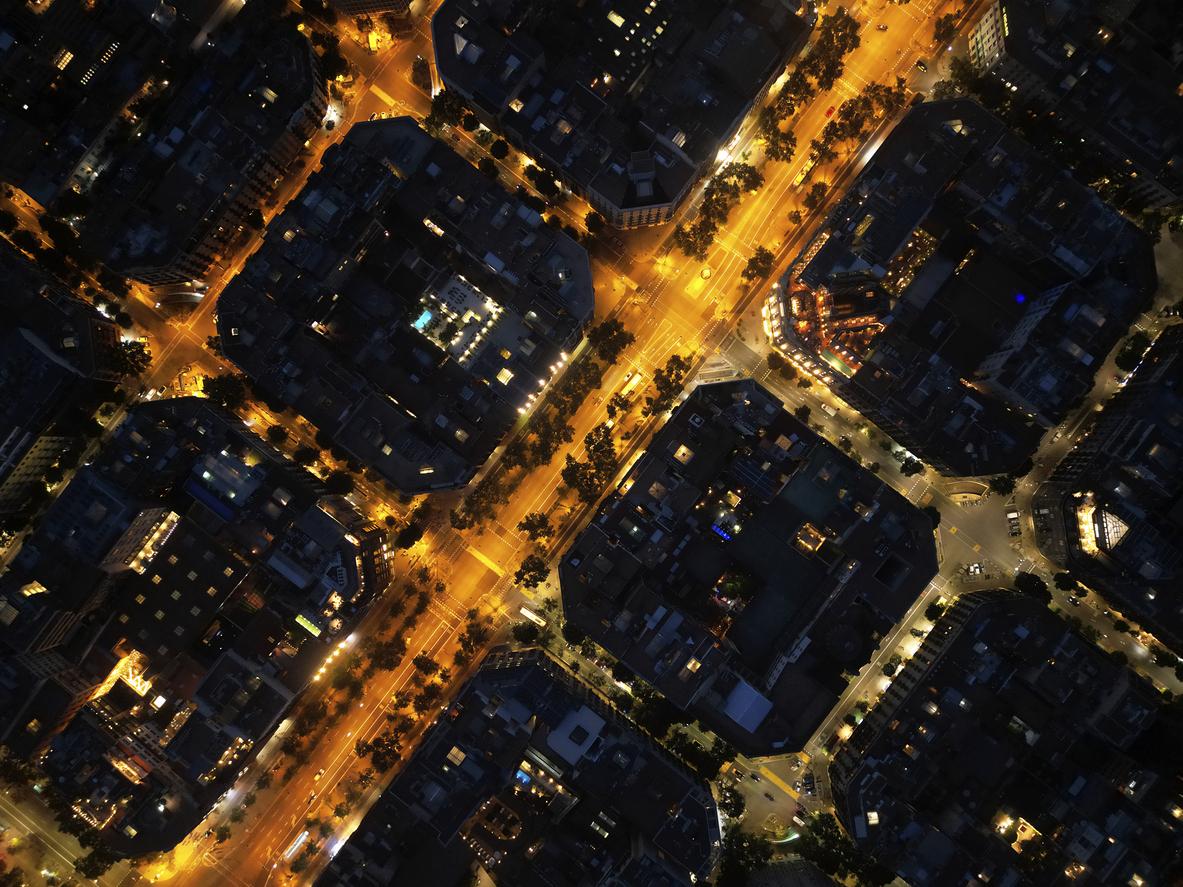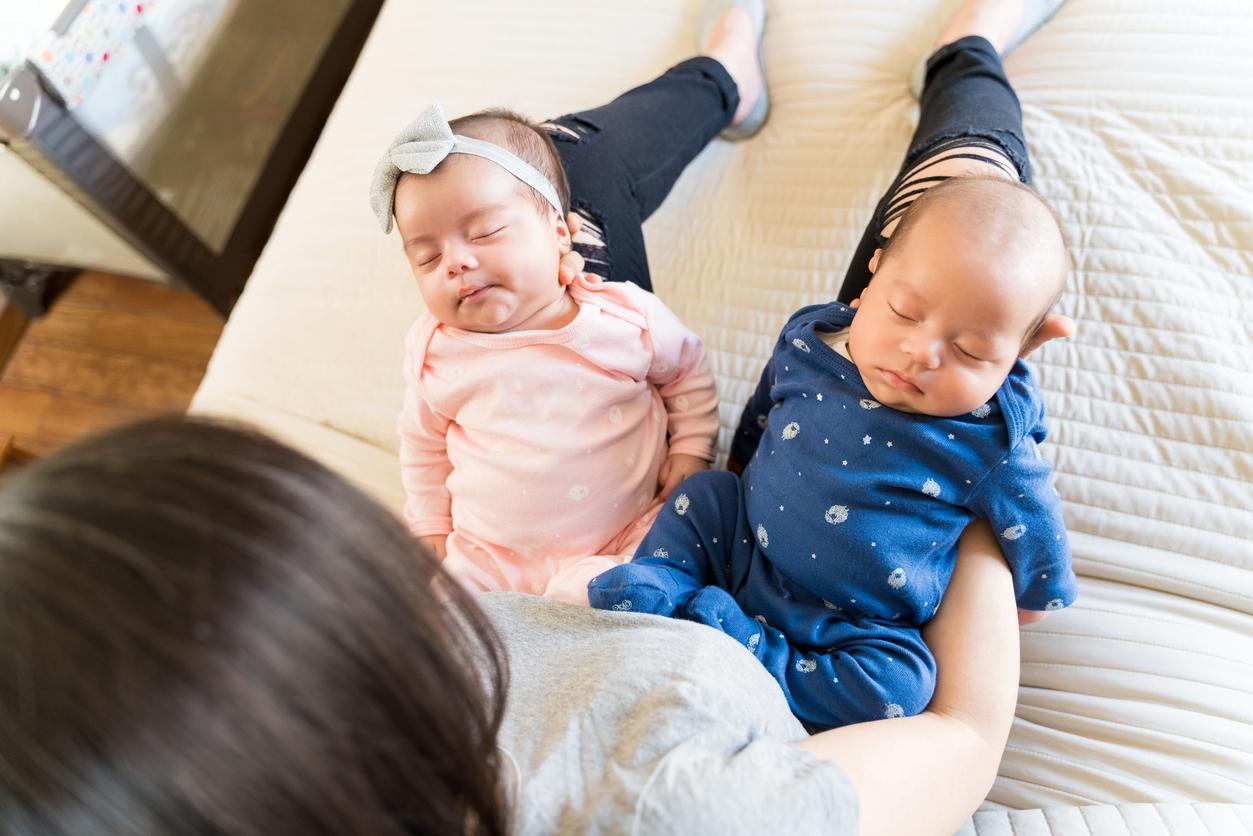A new study sheds light on the mechanisms that explain why the risks of breast cancer are higher among mothers who had their first child after age 35.
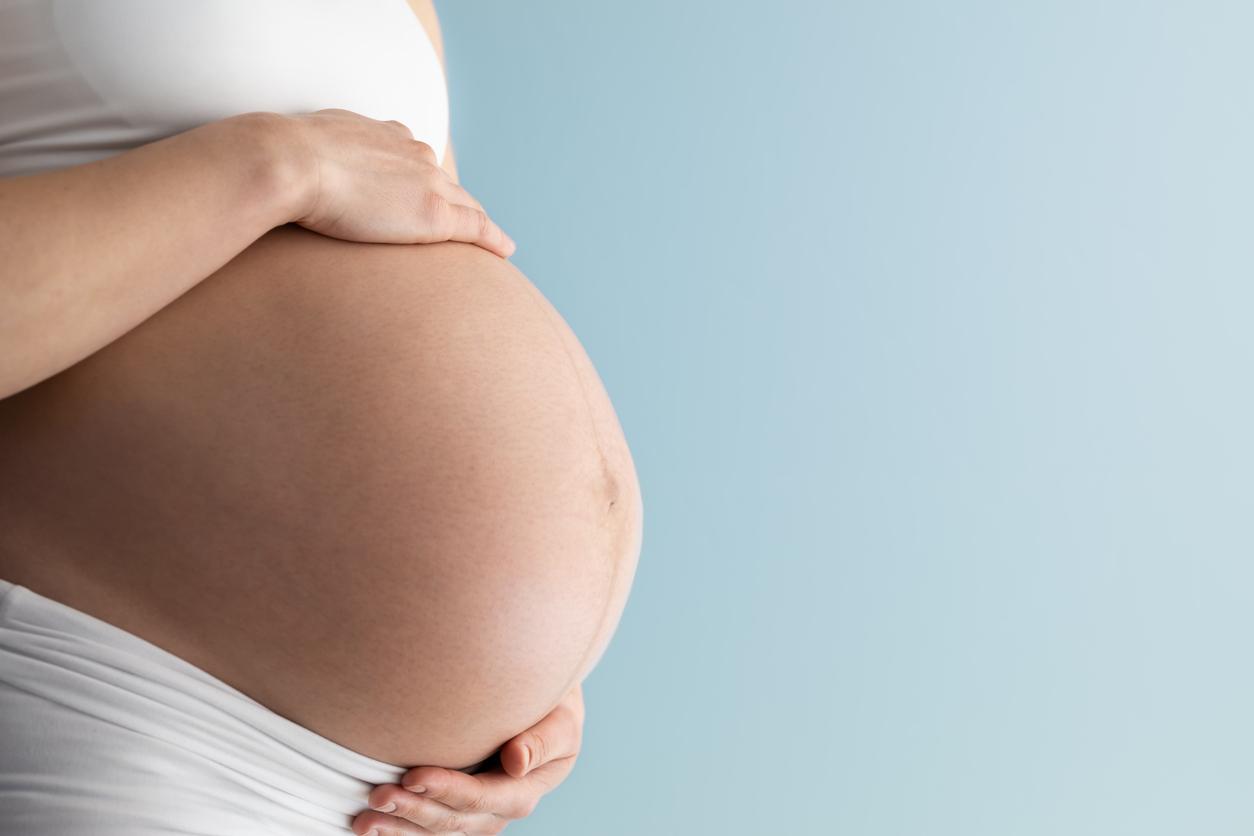
- According to the study, cellular mutations become more numerous in the breast with age. Furthermore, pregnancy also accelerates their expansion.
- These two elements contribute to the increased risk of breast cancer after a late pregnancy.
- Further work is needed to better understand this phenomenon.
“In recent decades, women have started having children later due to societal changes and preferences personal. Previous research has shown that this is associated with an increased risk of breast cancer. Our own work delves deeper into the genetic mysteries that govern this risk.”explains Dr. Biancastella Cereserresearcher at Imperial College London in a press release. The expert and her team discovered, among other things, that the human breast, like other organs, accumulates mutations with age.
The mechanics involved were presented in the scientific journal Nature Communications the 6th september.
Cancer breast: cellular mutations increase withage
For this study, researchers looked at the cellular and genetic changes that occur in normal, healthy breast tissue in different groups of women: first-time mothers under 25 years old, others between 35 and 55 years old (late pregnancy) and childless women. They found that the breast accumulates mutations with age, at a rate of around 15 per year in the epithelial tissue. The majority of them have no negative effects and do not concern genes known to be associated with cancer.
However, the team also noticed that as women age, mutations in breast cells become even more numerous. “There is then a greater chance that one or more of these mutations will occur in genes associated with cancer,” according to the expert.

Pregnancy accelerates the development of mutations
Furthermore, researchers believe that pregnancy acts as an accelerator of breast cancer, “because it induces rapid expansion of breast cells, in preparation for breastfeeding. If cells harboring mutations in cancer-associated genes replicate and multiply, they could have a competitive advantage over neighboring non-mutated cells, potentially leading to a runaway effect and, ultimately, the creation of a cancerous tumor.”
“We found that the human breast, like other organs, accumulates mutations with age – but also that pregnancy has an additional effect, meaning that older first-time mothers could have a higher risk of developing harmful changes in their breast cells compared to other women. concludes Dr. Biancastella Cereser.
However, she specifies that this work does not answer key questions, in particular the impact of breastfeeding, age at first period and menopause on the risk of breast cancer. For her, it is important to continue research to know the genetic mechanisms discovered in order to better understand and prevent breast cancer in women who have a child late in life.












